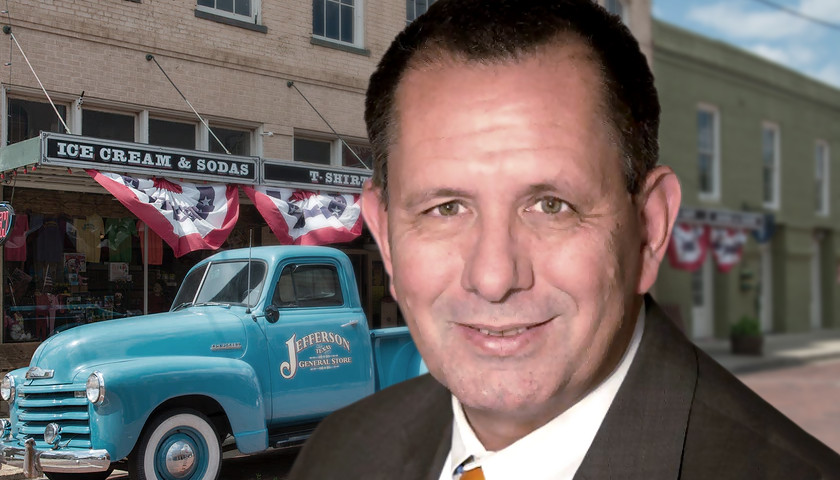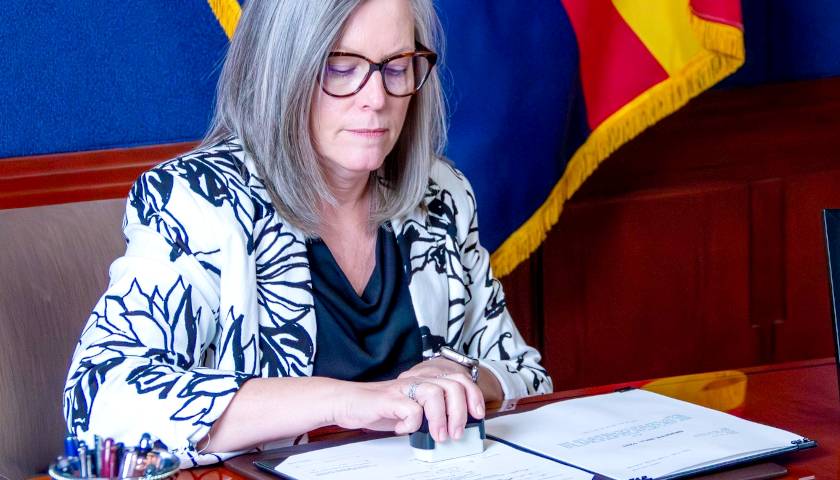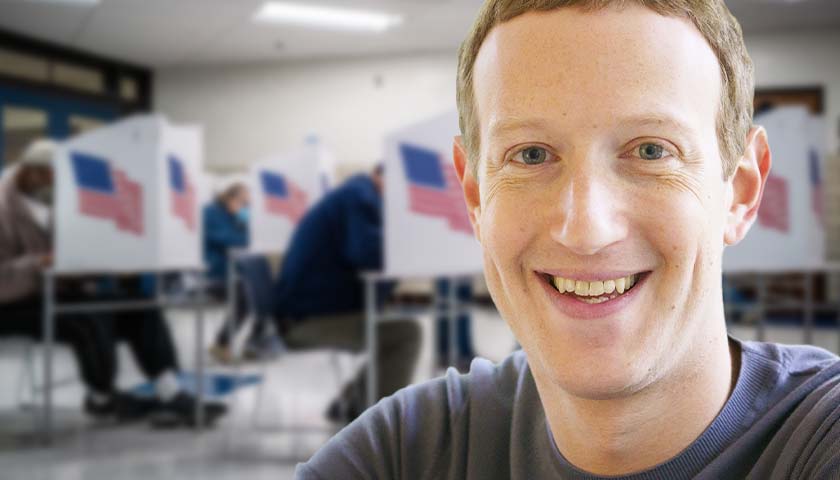by Judson Phillips
The first quarter of the year is not yet over, and we have gone from an almost record stock market to a nation that is all but economically shut down. Some alarmists warn that over two million Americans will die from the Chinese Virus. Others say this will be less problematic than the flu.
Regardless, as of now, the country is mostly shutdown and the economy is in free fall. Economists from Goldman Sachs predict that the economy will shrink by an unprecedented twenty four percent in the second quarter. The good news is the economy is expected to grow by twelve percent and ten percent in the third and fourth quarters.
The extraordinary changes America has seen in the last couple of weeks show us that there are lessons that need to be learned and changes that need to be made if America is to be competitive in the 21st Century.
The first lesson is that our model of work is broken. A majority of Americans still follow the post-World War II model. We get in our cars in the morning, commute to jobs from 8 to 5, and then commute home. The Chinese Virus has shown us that a significant number of Americans can work from home. In the space of a week, the Chinese Virus has taught us that we do not need the massive number of buildings. We do not need sweeping offices. For businesses, this should be a huge wake-up call, as the cost of the physical office is one of the largest costs a business bears.
The next lesson we are learning is that our model of commerce is wrong. For several centuries, people have come to the goods. In the 21st Century, it will be the other way around and we need to embrace this quickly. Instead of driving to the mall or to the grocery store, Amazon already delivers. But Amazon is not alone. Amazon and other companies are already developing drones for delivery as well as robotic delivery vehicles. The Chinese Virus has shown us that we need to get government out of the way and accelerate this process as quickly as possible.
It is bad enough that America is using a post-World War II model for employment, why is America still using a 19th Century agrarian model for education? Perhaps it is not even important to ask why. In the space of two weeks, the Chinese Virus has blown the model up. Schools from elementary to state universities are shutting down, switching to home schooling or distance learning. If students, particularly college students can use distance learning, why do they need universities with sprawling campuses? If students can distance learn, why do universities need these magnificent buildings or massive dorms? Why do they need an army of administrators, who draw salaries often larger than the professors’ salaries? Why do they need departments of educrats in areas like “sustainability” and “diversity and inclusion?”
Four-year colleges have turned into a four-year extended party for far too many students. The costs of these colleges have exploded out of control as the colleges build buildings and hire non-teaching staff. The Chinese Virus has shown that most of that is not needed.
Finally, the Chinese Virus has shown us that there are too many laws on the books. The Trump administration had to send untold numbers of lawyers to crawl through the United States Code Annotated to find tools that the President could use. Numerous regulations were waived to help in this emergency. If we have so many laws on the books that it takes a legion of lawyers to research answers and if we have regulations on the book that interfere with a national emergency, that tells us we have too many laws and too many regulations.
The Chinese Virus can and should be a transformative moment for America. America can see the problems illuminated by this crisis and quickly change to assure American dominance in the 21st Century.
Or America can choose to ignore the opportunity presented here and try to survive the 21st Century with tools from two hundred years ago.
– – –
Judson Phillips is a long time conservative pundit and founder of Tea Party Nation.




